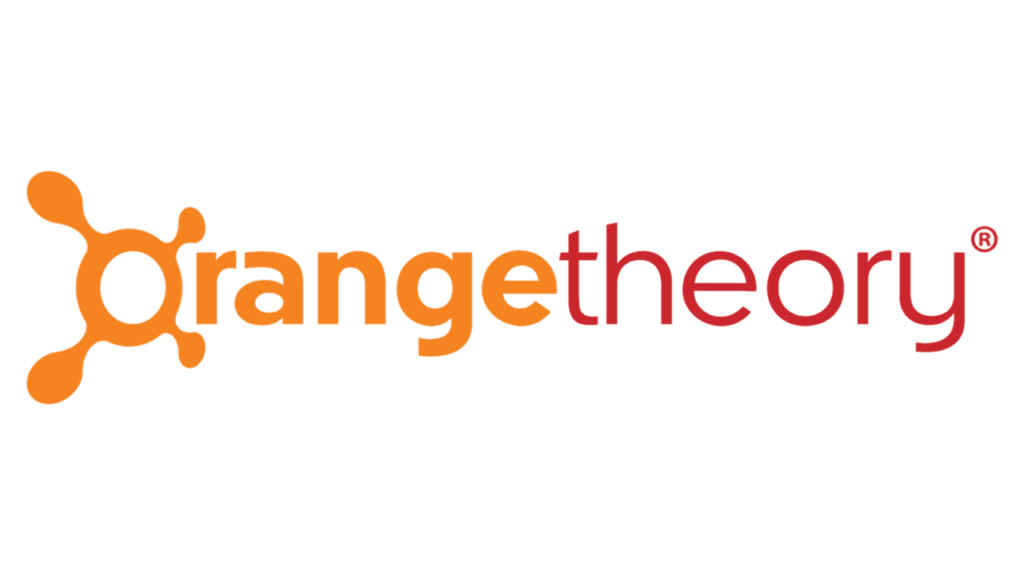By Mike Thomas, NBHWC July 3, 2024
Looking for ways to move the needle with your wellness action plan? Try this one!
Having people you care about and who care about you hold you accountable can help you reach your health goals.
For example, imagine a dad who really loves his kids. He decides to start running a mile slowly three times a week, something he has wanted to do for quite some time but hasn’t gotten around to.
He makes this commitment to his kids and says he will report back to them, texting them weekly with the number of times he ran that week. He doesn’t want to let his kids down, so he sticks to his plan.
He also wants to show his kids that when you decide to do something, like exercising more, eating healthier, or sleeping better, you need to commit and follow through. The kids hold their dad accountable, and dad keeps his promise. The result? Dad finally starts consistently running.

Accountability doesn’t have to be with your kids. It could be a close friend or even a spouse. However, using a spouse can be tricky. My wife and I, for instance, don’t hold each other accountable for our exercise routines. Instead, we encourage each other as we balance work, kids, commitments, exercise, and life in general.
A number of my clients now use either their kids or close friends for accountability with a fair level of success. It can be as simple as a quick check-in once a week to see if you kept your commitment. This “leveraging the love” can motivate you to get to the gym.

Many of us need some form of accountability, and that’s perfectly okay. The most important thing is to start doing the things you’ve been putting off for a long time. There’s no right or wrong way to do this; the key is to just do it. Many people like working out but need a friend to join them. This helps them get out of bed at 5:30 AM for a gym workout, building progress in both their fitness and social connections.

Another example of accountability in action is Orange Theory. They have built accountability into their business model. If you miss a class you signed up for, you not only pay your monthly dues but also get charged for the missed class. My wife has been going to Orange Theory for 18 months and hasn’t missed a single class she signed up for. She now has attended over 150 Orange Theory classes. She doesn’t always love getting up before 6 AM three to four times a week, but she does it to avoid the penalty fee. As a result, her physical and mental health have benefited.
We all need something to help motivate us. Accountability might be what you need to make progress towards your health and wellness goals. Using a friend (or kids) as an accountability partner can keep you on track with your health goals.
Here are some ways to do this:
1. Exercise Goals
– Action: Decide on a specific exercise routine, like a 30-minute walk five days a week.
– Check-In: Each week, tell your friend how many days you walked and share any challenges or successes.
2. Healthy Eating
– Action: Commit to making and eating a healthy lunch every day instead of grabbing fast food.
– Check-In: Send your friend a photo of your lunch each day. At the end of the week, talk about how you felt eating healthier and any difficulties you faced.

3. Sleep Hygiene
– Action: Set a bedtime routine that includes going to bed by a certain time every night.
– Check-In: Track your bedtime each night and share this with your friend weekly. Discuss how this new routine is affecting your sleep.

4. Stress Management
– Action: Practice a stress-reducing activity like meditation, yoga, or deep breathing for 10 minutes every day.
– Check-In: Keep a log of your daily practice and share it with your friend. Talk about any changes in your stress levels or any challenges in maintaining the practice.
5. Water Intake
– Action: Aim to drink a specific amount of water each day, like eight glasses.
– Check-In: Track your daily water intake and report it at the end of the week. Reflect on how increasing your water intake has impacted your energy and overall health.
How to Structure Your Check-Ins

1. Set a Regular Time: Schedule a specific time each week for your check-in, like a quick text or call every Sunday evening.
2. Be Honest and Supportive: Be truthful about your progress and encourage each other’s efforts. Accountability can be one-sided or mutual, with both parties supporting each other.
By using these strategies, you can effectively use a friend as an accountability partner to stay committed to your health goals. If you think having an accountability partner could help you make progress, go ahead and find someone who can support you! Try it for a month and see what happens. This could be a huge key to get you started towards better health!

Mike Thomas is a registered pharmacist and a health coach. He helps busy professionals who struggle with low energy, high stress and chronic pain
This blog is for educational and informational purposes only and solely as a self-help tool for your own use. I am not providing medical, psychological, or nutrition therapy advice. You should not use this information to diagnose or treat any health problems or illnesses without consulting your own medical practitioner. Always seek the advice of your own medical practitioner and/or mental health provider about your specific health situation. For my full Disclaimer, please go to CoachMikeThomas.com.
